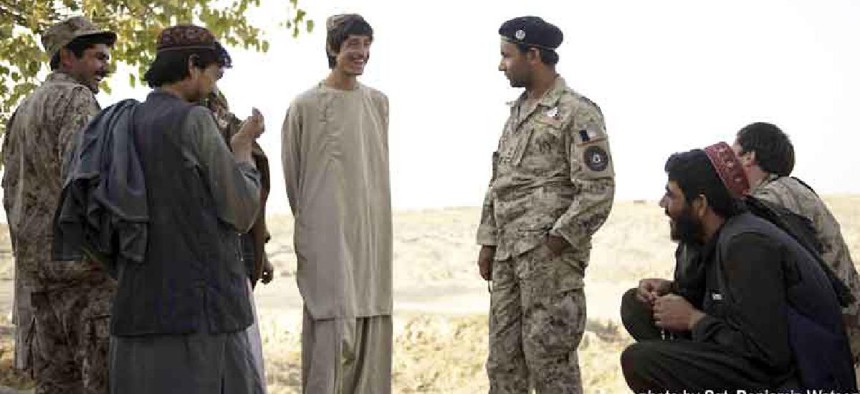DARPA's Habitus to give outsiders an insider's view

The program aims to develop models of the implicit, detailed, collective understanding local residents have of how cultural systems work.
Military operational decision-makers sometimes find themselves in unfamiliar environments where they don't understand the region's cultural elements -- everything from terrain and industries to population distribution, shared history, formal and informal power structures, religion and ethnicity. Establishing stability and influencing a community's systems requires insight into local politics, health care, infrastructure and socioeconomic relationships.
To support these leaders, the Defense Advanced Research Projects Agency wants to develop models of the implicit, detailed, collective understanding local residents have of how cultural systems work.
Current approaches, such as tapping subject matter experts, polling and big data solutions, are often unable to interpret data through a local lens, not specific enough to inform decision-making or incapable of generalizing insights to other areas.
The Habitus program, however, aims to provide outsiders with an insider's view to support operational decision-making by gathering insights from the local population in new ways and developing predictive models of local systems based on that awareness. The models must be specific enough to anticipate system-level responses to local events, but scalable and adaptable across regions and populations. DARPA also envisions Habitus will be self-sustaining, meaning it would be maintained with few resources.
In its proposers day announcement, DARPA said that any single cognitive model is likely to fall short of the program's goal, but added that "recent advances in participatory science and modeling have demonstrated that collective local understandings can provide more accurate estimations of future system outcomes than experts and other state of the art methods."
The Habitus proposers day will be held Feb. 10, and the event will be webcast for those who would like to participate remotely. A broad agency announcement is expected to be issued later in February.
NEXT STORY: Improving situational awareness for responders






